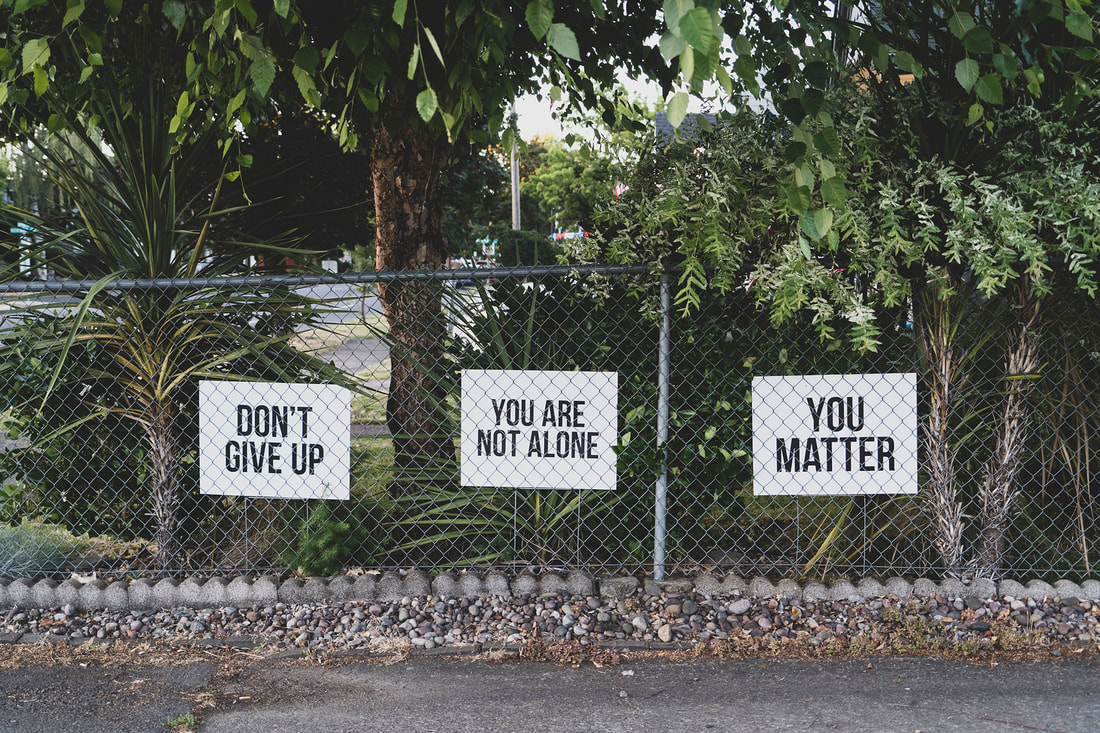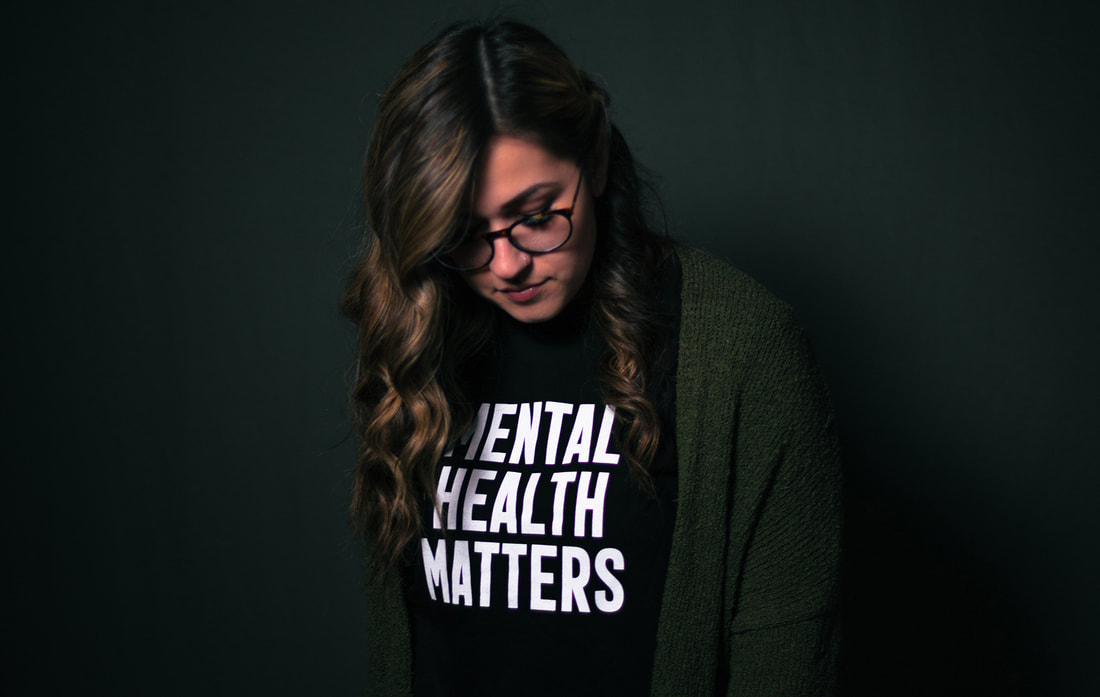|
Over 20% of American adults live with some type of mental illness, and many more people could seek therapy to help with common but painful life events such as divorce, grief or job loss. But a large percentage of those people are held back from receiving the counseling services they need due to various obstacles, including the lack of free mental health services in Charlotte, NC. No one who wants therapy should be held back from getting it. Read on to learn how to overcome the most common obstacles to receiving mental health services, including how to get free therapy in Charlotte, NC. 1. Limited Financial Resources Not everyone has access to adequate financial resources, which may make it seem that counseling is just too expensive. It can be hard to find free therapy in Charlotte, NC, but Psychology For All allows those who meet our qualifications to get therapy. Affordable therapy options are also available through the organizations listed on Open Counseling and through New Leaf Counseling. 2. Mental Health Stigma There has long been a stigma associated with going to therapy. Back in the dark ages of the early 2000s, people thought that only “crazy” people need counseling. Good thing the times are changing. With such influential people as the Obamas, Prince Harry and the Pope sharing their positive experiences with therapy, it’s becoming much more widely accepted. If it’s good enough for our world leaders, it’s good enough for the rest of us. 3. Fear of the Unknown Many people don’t know how the therapeutic process works, which can create a lot of anxiety. Do you have to share your deepest darkest secrets? What if the therapist says you’re a bad person? (FYI - A professional counselor would never say that.) A therapy session is basically a problem-solving session. The therapist will ask questions about your current situation and your mental health history (just like a doctor asks questions about your physical health history). The therapist will then use their knowledge and skills to help you work through your problems so that you can move toward creating the life you desire. You can be completely open and honest with a therapist. You won’t be interrupted, judged or criticized, and you won’t be forced to talk about anything you don’t want to talk about. In each session you’ll be invited to share your progress and any challenges you encountered. Still feeling nervous? Listen to a professional counselor explain exactly what you can expect. 4. Life’s Distractions Maybe you’ve been meaning to schedule an appointment with a therapist for a while, but there are bills to pay, kids to take care of, errands to run. Next thing you know, it’s the year 2040, we’re all flying around in hover cars and you still don’t have an appointment scheduled. Don’t let distractions prevent you from getting the care you need. Your mental health is extremely important because it impacts your entire life - your relationships with others, how you deal with stress, even your physical health. In fact, poor mental health can put you at greater risk for developing heart disease and stroke. 5. Expectations of Failure You may think talking to a therapist is just like talking to a friend. Sure, it may feel good to vent every now and then with friends, but nothing really changes. Why would anything get better with a therapist? Because a good therapist is like a magician, a wise teacher and your best friend all rolled into one person. They’re trained to ask the right questions and share meaningful insights at key moments, all while maintaining unconditional positive regard for you. Maybe you worry that therapy will be too hard. While therapy can be difficult, there’s no pass/fail test. You define your goals for therapy and your therapist does everything they can to support you in reaching those goals. Your therapist will cheer you on as you work to make positive changes and help you get back on your feet when you make mistakes or face new challenges. And the whole process is wrapped in a soft, fluffy blanket of kindness and compassion. 6. Difficulty Finding the Right Help Do a search for “Charlotte, NC therapist” and you’ll get over 5 million results. Start looking through the results you’ll find psychologists, psychiatrists, mental health counselors, marriage and family therapists, social workers - the list goes on. Not to mention all the different types of therapy - cognitive behavior therapy, family systems, motivational interviewing, positive psychology and more. How can any mere mortal sort through all of that? Many therapists offer a free phone consultation, which can help you narrow things down. Ask yourself what you want to get out of therapy and share that during the call to help the potential therapist determine if they will be a good fit for you. While talking to them, ask yourself if you feel like you can really be open and honest with them. While their training is important, what’s most important is that you feel like you can develop a relationship with them. 7. Privacy Concerns You may be concerned that what you share in therapy might be shared with others. But the same doctor/patient confidentiality laws that apply to physicians also apply to therapists. That means they take your privacy very seriously. When you work with a licensed therapist, you can be assured that your information will not be shared with anyone unless you sign a release or there’s something major going on like child abuse, suicidal or homicidal thoughts, or a court order. How Do I Know if Therapy Is Right for Me? Are you a human? If you answered yes, then therapy is right for you. We all experience challenges, from day-to-day irritations to traumatic life events. Talking through life’s challenges with a therapist in a judgment-free environment can help you make meaningful changes in your personal life, your career and your relationships with others. So, whether you’re rich or poor, a world leader or an average Joe, you can benefit from therapy.
Free Mental Health Resources If, for whatever reason, you aren’t able to overcome these barriers right now, never fear! There are plenty of free resources online that will help until you can get therapy.
You can also find a list of free mental health resources in Charlotte, NC here. Ready for the Next Step? If you’re ready to break through these obstacles and start getting free mental health services in Charlotte, NC, Psychology for All has you covered. Partner with us to remove your financial barriers and receive free counseling that meets your needs. Get started by filling out our client application packet.
0 Comments
|
AuthorWrite something about yourself. No need to be fancy, just an overview. Archives
June 2024
Categories |




 RSS Feed
RSS Feed
